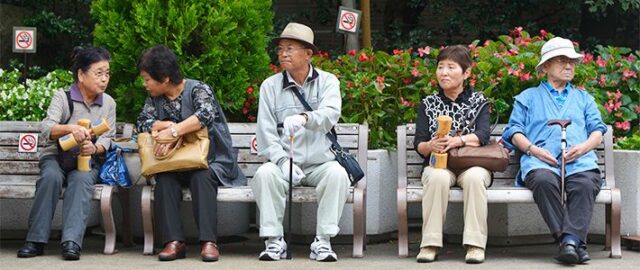Dirty Air and Green Investments: The Impact of Pollution Information on Portfolio Allocations
By Raymond Fisman, Pulak Ghosh, Arkodipta Sarkar & Jian Zhang We study exposure to pollution information and investment portfolio allocations, exploiting the rollout of air quality monitoring stations in India. Using a triple-differences framework, we show that retail investors' investments in "brown" stocks are negatively related to local air pollution after a monitoring station appears nearby, with particularly pronounced effects on ``alert'' dates when air quality is listed as harmful to the general population. The effect of pollution information on...










